Posted in Uncategorized
General Counsel: What It Is…And What It Is Not
I recently wrote about a new paradigm for general counsel and corporate counsel to consider in a post entitled, “A New Model to More Effectively and Efficiently Align Counsel with Your Company’s Strategic Objectives,” in which I laid out a methodology for in-house attorneys to manage outside counsel like in-house counsel. In this piece, I coined a term that, I think, accurately captures how I believe this model should work: Mid-House Counsel™. But what is Mid-House Counsel™, specifically? A term I have since gone on to file trademark protection for (as any good IP counsel would urge you!), let’s take a closer look at what Mid-House Counsel™ is…and what is not.
Not Quite In-house…
The Mid-House Counsel™ is an attorney who is not on staff within the corporation. There is no salary; there are no benefits, payroll taxes, and other expenses typically associated with full-time employment, so there is no “bloat” that corporations are often prone to succumbing to. There is no vacation time to track, nor HR paperwork and administrative burdens to worry about.
…not Quite Outside Counsel, Either
However, the Mid-House Counsel™ is far more aligned with the company’s strategic objectives than an outside firm or attorney-for-hire typically is. In fact, oftentimes, the Mid-House Counsel™ will serve as an integrated partner that will help shape the company’s strategic objectives and planning. An IP Mid-House Counsel™, for example, might meet regularly with a company’s inventors, designers, and engineers, along with corporate leadership, to fully understand and stay current with changing innovations, market trends, competitive landscape dynamics, and the company’s overall posture in the marketplace. These are activities that are critical for the long-term success and competitiveness of the corporation, but tasks that aren’t always being addressed by in-house legal teams, and can otherwise be economically and logistically difficult to hand off to either a junior associate or a senior partner at an outside firm.
Liaison, Quarterback And Project Manager
It’s not uncommon for manufacturers, for example, to have multiple outside firms working on IP and specifically, patent matters. Each of these firms has its own way of doing business, their own document templates, their own vocabularies and methodologies…and not all of them fit neatly together as a whole. In fact, some of these firms might consider one another competitors with each other, so they may be more guarded and reluctant to share internal methodologies and “trade secrets” of their own via their relationships with the corporate client at the center of the wheel. The Mid-House Counsel™, then, serves as the intermediary and coordinator of all of the company’s objectives and initiatives, creating a single methodology and coordinated point of contact, alleviating the general counsel’s burden of managing multiple vendors and myriad projects at once.
Subject Matter Expert With Deep Domain Authority
It’s unrealistic to expect corporate counsel to be experts at everything. In fact, that’s why they lean on outside counsel in the first place—for discrete matters for which the subject matter or domain experience is not among the company’s internal resources. Many GCs are reluctant to admit that they may not fully understand their own company’s technology, or the ever-changing IP landscape more generally. So with the limited time they have available, they make difficult decisions, or lean on outside counsel for direction and expertise. But as outlined above, each outside attorney may have a different opinion, and in all likelihood, none of them have (or can take) the time to really understand the company’s tech, business plan, and competitors. That’s where the Mid-House Counsel™ comes in: someone with in-house experience with a large corporation who can be a conduit and an expert team member to the GC—without having to make the commitment to hiring a full-time in-house counsel—as there may not be enough work 365 days per year for that position.
Air Traffic Controller And Early Warning System
One of the biggest competitive advantages companies have these days is their intellectual property, as I’ve discussed on my podcast. There is simply too much at stake, and innovation is happening at such an increasing rate, that monitoring competitors, market indicators, and new entrants into your IP ecosystem is nearly a full-time job. While it may not take a full-time employee to perform the work, corporations with differentiating IP need to commit to constant vigilance and consistent review of developments that may impact the competitive advantage that their precious IP assets afford them. The minute you forfeit market share to a competitor who either out-thought you or outworked you when it comes to patent and trademark protection, is the moment in which the company’s very existence becomes at risk. I think we all recall once-dominant companies that now are shadows of their former selves, and IP certainly played a part in their decline, such as Nokia, Kodak, BlackBerry, Motorola, IBM, and Atari, to name only a few.
As I said, you might not hire a full-time attorney to do this for 50 hours per week; and you likely can’t pay an outside firm their hourly rate to commit to this at all times. But a good Mid-House Counsel™ is doing this already, and will be willing to make a monthly arrangement that is both affordable and strategically critical. This person will provide “early detection warning” on IP developments that may do damage to the firm, near- or long-term, proactively notifying you of both threats and opportunities.
The Future, Not The Past
Not every company has the resources to have in-house patent or IP counsel. And others are so large that they not only have in-house IP counsel, those in-house attorneys are managing several outside firms supporting their patent portfolios and filings internationally. Regardless of size or the nature of a company’s dedicated legal team protecting your intellectual property, there tends to emerge the same inefficiencies and potential gaps that go unfilled. That gap is what presents itself when in-house resources and outside counsel aren’t working in lockstep toward the company’s unique strategic objectives.
But this new Mid-House Counsel™ model of legal service has emerged and is beginning to gain favor among companies that not only have a tremendous amount at stake relative to trade secrets and IP protection, but for those who understand that intellectual property is the company’s chief competitive advantage—likely its most valuable asset—and want to leave nothing to chance. As a patent attorney who started as outside counsel, then spent three years working in-house at Amway and managing a portfolio of more than 1,200 patents globally covering wireless charging, I’ve both worked against the limitations of time and resources and discovered both the benefits and challenges inherent in working with multiple outside patent firms. Now that I’m again serving in-house IP counsel and general counsel as an outside resource, I’ve done enough pattern recognition and trial-and-error to recognize the optimum way that an attorney can both serve in-house counsel and manage outside counsel as if serving on the inside. And that’s the Mid-House Counsel™ model in a nutshell. Want to learn more? If you’re ready to explore whether this new model is right for you and your organization, contact me to schedule a conversation on how I may be able to be the resource you need.
Disclaimer & Notice: The content of this article does not constitute legal advice. The information presented herein is for informational use only. Not responsible for the actions or failures of third parties. Not responsible for any action or inaction based on the content of this article. The content of this article is solely the opinion of the author(s) and may not necessarily be those of The Patent Baron, its clients, or members. Reading this article does not constitute the establishment of an attorney-client relationship. Any communication received will not be confidential unless and until an attorney-client relationship is established by an engagement letter. The content of this article may not be current as of the date of access and may be removed or updated without notice. Consult with legal counsel before undertaking any legal action.



